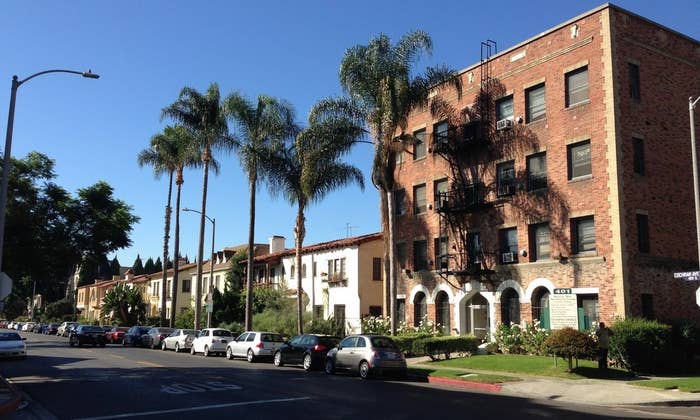
Paying rent sucks. But it's actually a lot worse because of something that isn't immediately obvious: parking spaces.
While many factors contribute to drive up the price of rents, parking is among the most significant, according to University of California Los Angeles professor and renowned parking guru Donald Shoup. BuzzFeed News sat down with Shoup during the CityLab 2014 conference in Los Angeles Monday to talk about how parking makes housing more expensive. His point: "It's unfair to have cities where parking is free for cars and housing is expensive for people."
Here's how this works:
1. Cities require developers to include parking when they build homes.
Parking doesn't happen by accident, and it doesn't even happen because people necessarily want it (i.e. demand). Instead, cities require developers to include parking spaces with new homes or apartments.
This is an idea known as "parking minimums," and Shoup said they're common across America. A typical rule is two parking spaces per housing unit, but it varies from city to city. Shoup gave the example of L.A.'s Mid-Wilshire neighborhood, saying that current regulations require 2.5 parking spaces per apartment.
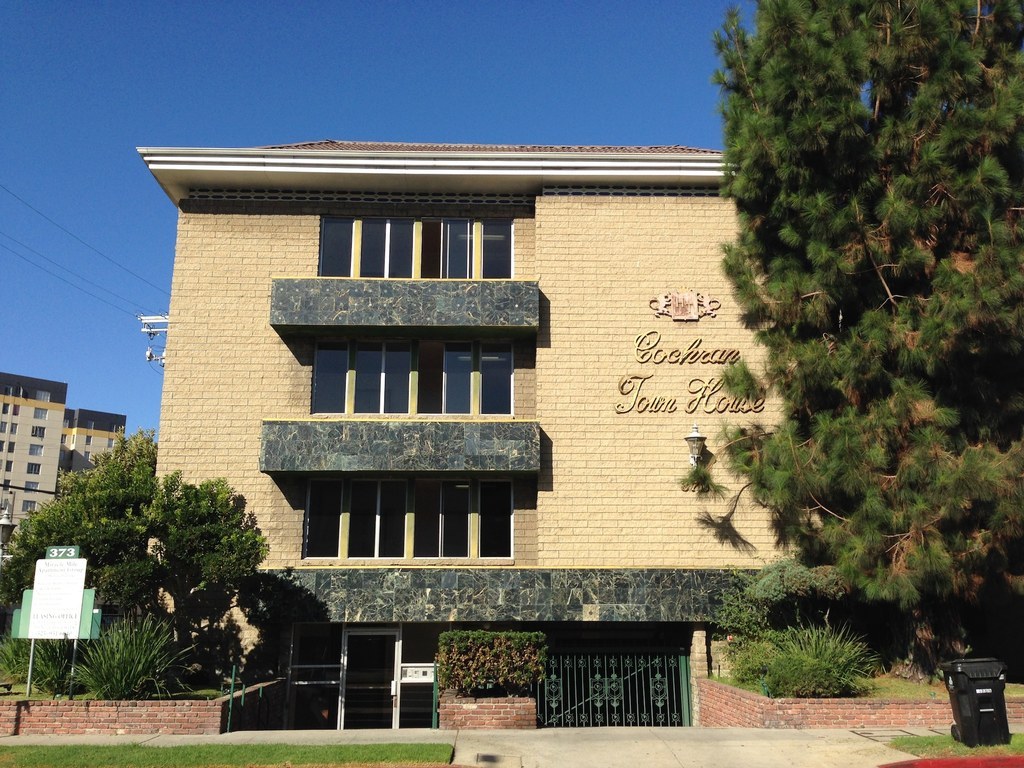
2. All that required parking makes it way, way more expensive to build apartments.
Shoup said that in some cases the cost of a parking space can soar up to $50,000. In L.A., the average cost is more than $31,000, and the International Parking Institute reports that the median national cost for a parking space is $16,167.
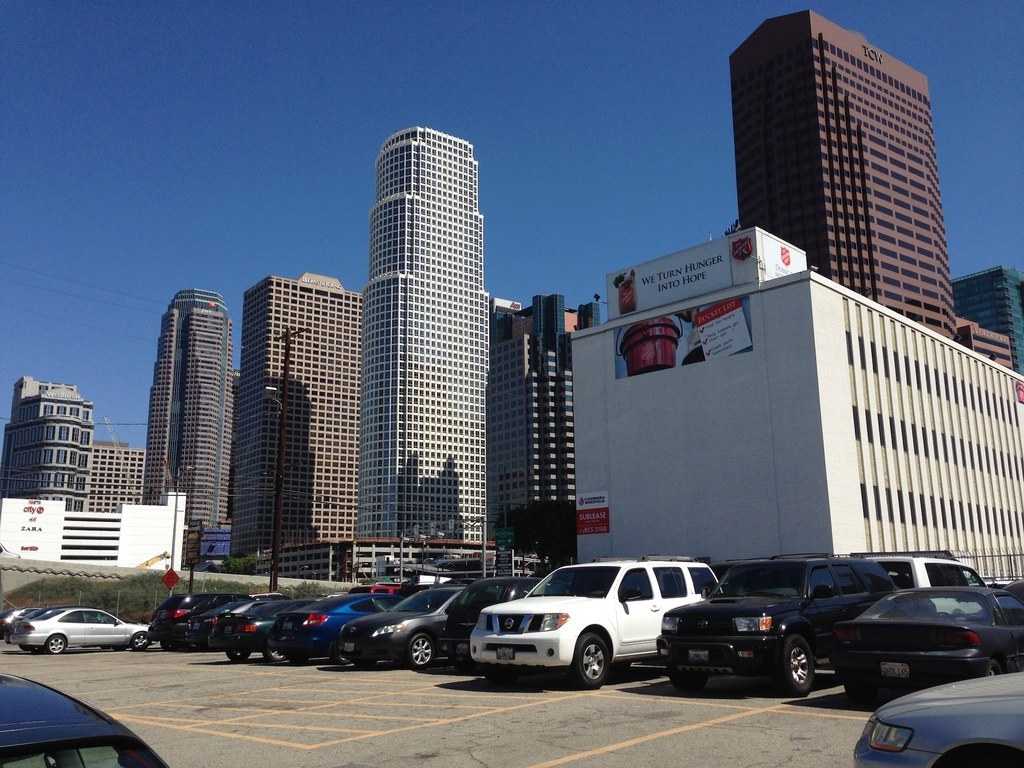
Developers don't just eat those costs, they pass them on to renters and buyers. So, when you pay your rent or mortgage, you're really paying for how much it cost the developer to put in that parking, Shoup expained.
Juan Matute, Associate Director of UCLA's Lewis Center and the Institute of Transportation Studies, further explained it to BuzzFeed News this way: "Imagine if you required every housing unit to have a squash court." That would obviously drive the cost of the housing way up.
If you actually need these things, great. The problem, however, is that cities require every unit in a given area to have all of this parking, even if the person living there has fewer cars, or no car at all. It's kind of like bundling cable channels; subscribers pay for hundreds of channels they may not watch just to get a few they do. Except that in the case of housing, the costs are higher and, because everyone needs a home, no one can really opt out the way a person might with cable.
And one more thing: Shoup said it's absolutely cities' rules requiring parking that's creating this situation. "I never saw a building where the developer provided more than the required amount of parking," he said. "They always provided what the city required and nothing more."
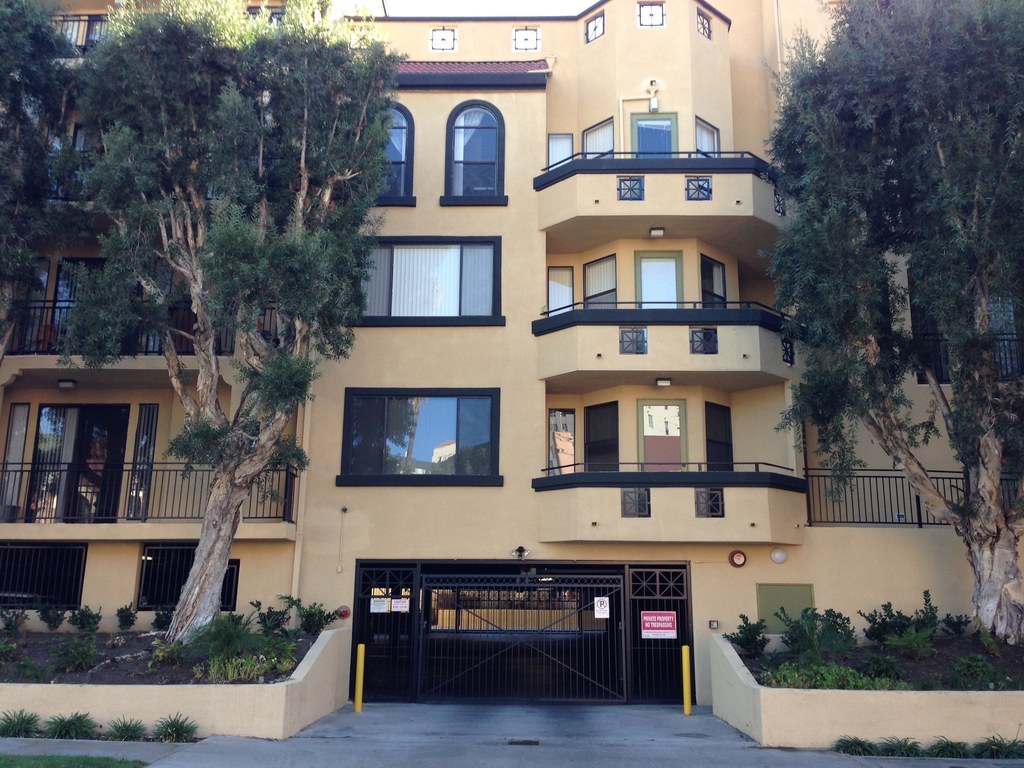
3. Parking also means fewer homes get built, which translates into still higher prices.
The other way parking makes housing more expensive is by cutting off supply. Shoup said in some cases it's impossible to build more apartments because there's simply not enough room for all the required parking.
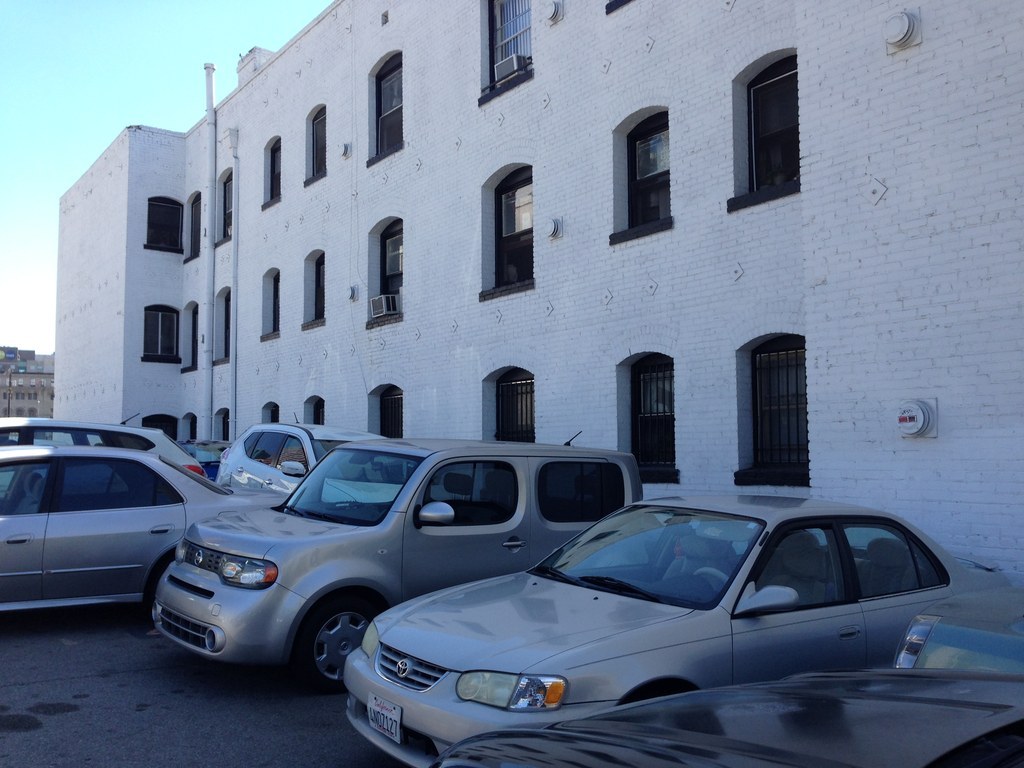
Shoup used this reporter's 1920s, eight-unit L.A. building as an example. It was built before cities required parking and has only seven spots, but if it were torn down and rebuilt, current regulations would require a comparatively staggering 18 spots. To get even close to that number, a developer would have to dig a hole and put the parking underground — which is really expensive to do — but even then it may not provide enough spaces. Which means the developer would have to build fewer apartments.
"I saw many buildings where the developer couldn't put in the allowed number of housing units because they couldn't fit in the required number of parking spaces," Shoup said.
Which brings us to simple supply and demand: Lots of people plus a limited number of apartments means landlords can charge higher and higher rents. Parking minimums, in other words, limit housing supply, even as demand increases.
4. It doesn't have to be this way.
In L.A., Shoup said, the city eliminated parking minimums in downtown in 1999. Some people at the time thought that would produce chaos, with cars flooding the streets. But instead, Shoup said, 57 mostly empty historic buildings were converted to housing over the next decade. He added that the residents of many of these buildings still have access to parking, they just pay for it separately according to their needs (or lack thereof).
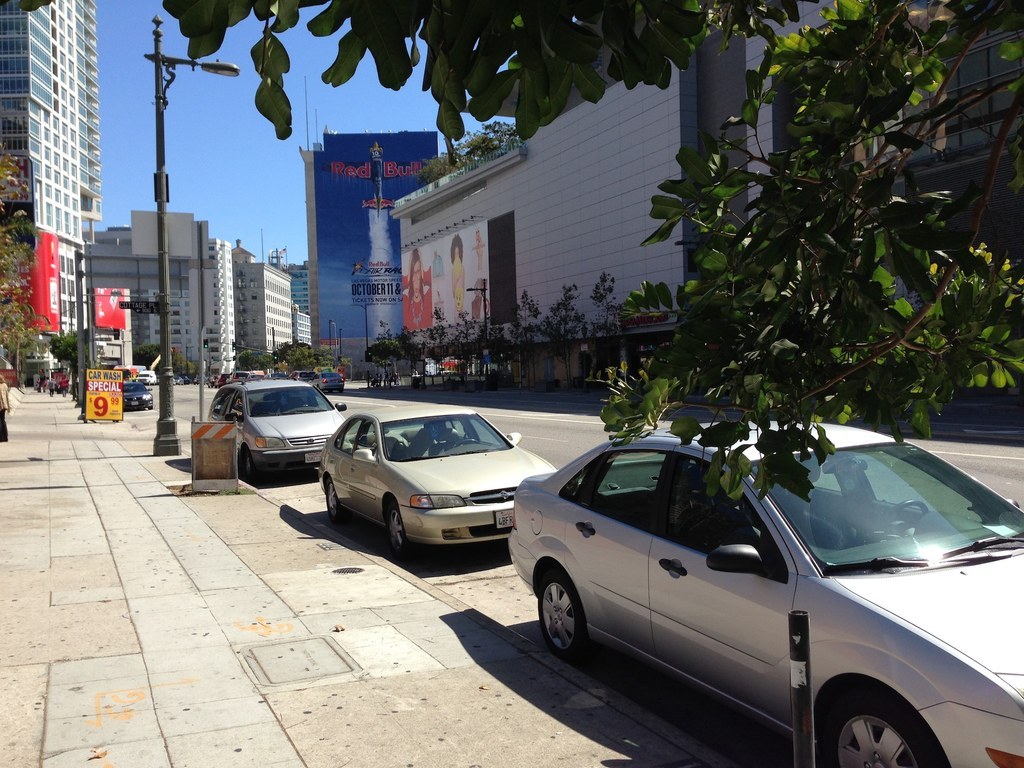
L.A. isn't alone. Cincinnati has also worked to eliminate the mandatory parking requirements that drive up housing costs. Over the last few decades San Francisco went from parking minimums to parking maximums — or caps on the amount of parking allowed. And in July, Sao Paulo, Brazil, made headlines for a plan to eliminate parking minimums city-wide.
Still, Shoup said the costs of parking continue to take their toll on most American cities. "Nobody thinks, How much does this off street parking increase the cost of housing?," he said.
